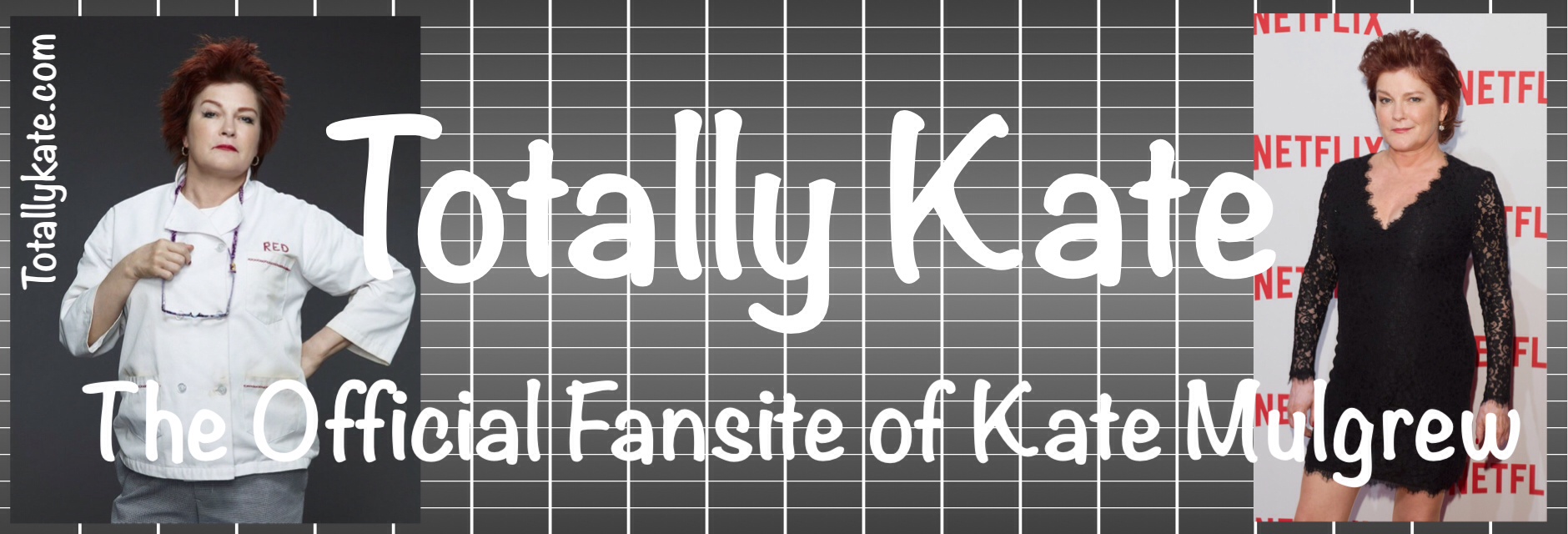 |
|
|
|
|
|
|
|
|
|
|
The ABC show about the doctors who staff a medical practice organized and run by women was introduced last March on a limited basis and the audience response was sufficiently positive to give it a place on the network's recently announced fall lineup.
It's no cushy birth, not in its new time period on Thursday nights opposite the sophisticated ensemble series ''L.A. Law'' on NBC and the well produced soap opera ''Knots Landing'' on CBS.
What ''HeartBeat'' has going for it is a view of life that is a lot more real and empathetic than the opposition. And it has Mulgrew, a major asset, as gynecologist Dr. Joanne Springsteen, co-founder of Women's Medical Arts.
''Certainly its premise is woman-oriented,'' Mulgrew said in an interview, and added with dry wit, ''but it is aimed at a male audience as well -- in terms of edification."
''It works on the theory that the two species can actually work together well. It's a remarkable prospect, I know, but it can be done.''
She is deeply involved in her character.
''I have created a character who is probably considerably deeper than the one given me on the page, and the one given me on the page was extraordinarily well-written to begin with."
''She's a warm, intelligent, ambitious, caring woman who is very torn by the demands of her professional life and her personal life. It's very applicable now, very timely, something women can share and appreciate.''
The reality of her character takes top priority with Mulgrew, who doesn't want her to look as if she were just modeling lab coats and stethescopes.
''She certainly is not a glamour girl,'' Mulgrew said, ''and I intend to stick to my guns on that one. I want her utterly acceptable as a woman who you would go to see as your doctor. Who in his right mind would have gone to Ben Casey?"
''If I can show her to be credible and still just the woman next door, then I've done my job. Most of us are the woman next door. Very few women are startling beauties and most of them are models. I want to show reality -- it is the goodness, caring and intelligence that so enhances a woman's looks and that should shine from her -- not her hair color.''
Mulgrew, who has a husband, two small sons and a real appreciation of the problems professional women have in balancing career and family, said:
''At the risk of sounding anti-feminist, I think the business of women in the workplace is sometimes overrated, particularly if they have young children at home. I think the home is probably where they should be."
''I'm not talking about professional women like doctors or lawyers. I'm talking about the woman who chooses to be a teller in a bank. She should weigh the significance of what she's doing."
''If income is the problem I absolutely understand, but income is not the problem it's made out to be because the woman who gets a middle class salary then has to pay somebody to take care of her children.''
Mulgrew objects to women who are not really professionals in what they do, whether as a doctor, a lawyer or a housewife.
''This show ought to encourage women to go for the gold, to want to make a significant contribution. No matter what you do, you should do it completely."
''Everybody has it difficult in life trying to juggle heart, head and genitalia. Nobody has it that easy. But we should struggle to use to our fullest capacity our potential, our intellect, our creativity. That's what I want for this show to say.''
The trouble with women, she said, is that they don't think that's nice.
''Women for so long have been told not to think like that, not to be competitive or power-hungry. They've been told they should leave that to men, who after all have handled things so beautifully for the last 2,000 years."
''We must dissolve the stigma or myth that
says it is extremely unattractive for a woman to be ambitious, but it is
good in a man.'' Mulgrew used a term sometimes reserved
for what you scrape off your shoe in a pasture to describe this kind of
thinking.
|